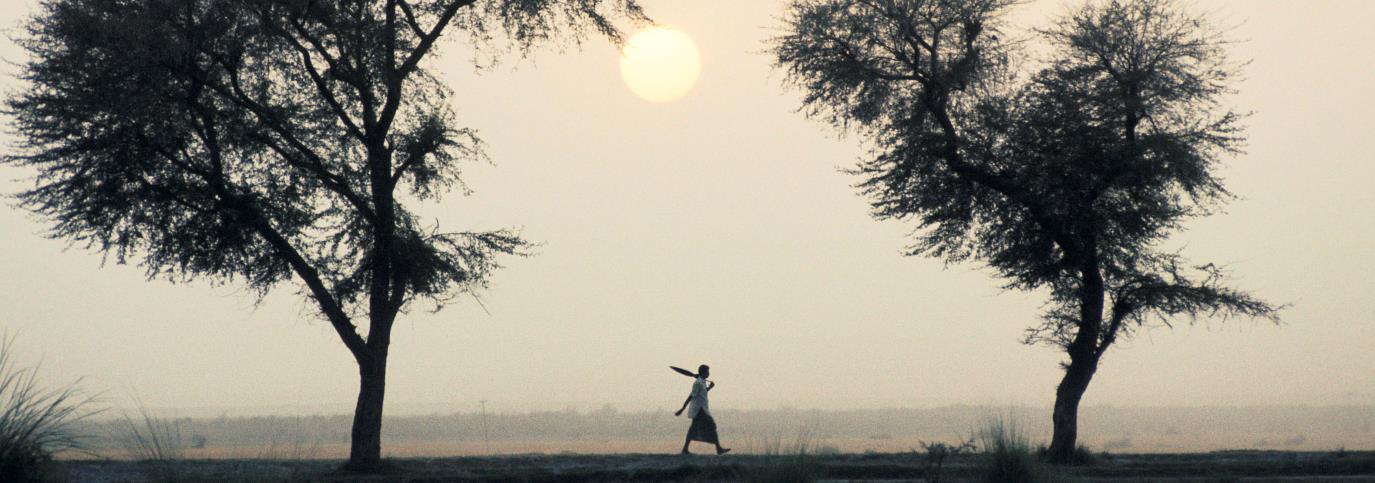
Climate change is one of the major problems we face today.
It may lead to the permanent flooding of low-lying regions and the disruption of potable water supply to millions around the world as the ice-packs in the mountains shrink and deplete the water reserves of major population centers. It may also lead to the decline in oil and gas supplies as hydro-carbon reserves peak and the price of energy increases exponentially. These events would have an extreme affect on our world.
But climate change may also cause, directly or indirectly, deep fractures in world trade and commerce that would likely result in political tensions and armed conflict among religious, ethnic, and cultural communities across the world. Ending extreme poverty is impossible without tackling climate change. A few months away from the defining Climate Change negotiations in Paris, now is the time to face the defining challenge of our generation.
"Communication has becoming the glue, the cement of all we do in everyday life, and especially when it comes tackling major global issues, such as climate change."
Whereas in the past, we were able to increase food production over a few cropping cycles, or establish income generating ventures in a couple of years, the “new” problems we face may take years, and in the case of climate change, several generations for the world community to resolve.
How do we build consensus and muster the altruistic intent of the present generation to consume less, de-escalate conflict, and subject ourselves to research so that future generations who will exist long after we are gone may inherit a habitable planet?
The tried and tested methods of agriculture extension, social mobilization, community participation, and multi-lateral negotiation are unlikely to succeed on their own as these systemic problems grow in their severity and people submit to innate human instincts for self-preservation and compete even more keenly for rapidly dwindling natural resources, ratchet-up violence, hoard energy and water, and close markets to international commerce.
We do not have appropriate strategies to begin addressing these “new” and highly complex challenges.
At the 2012 edition of the World Economic Forum in Davos, Switzerland, the background report on the global risks our world faces clearly stated that three common, crosscutting observations from the varied groups of experts consulted:
* Decision-makers need to improve understanding of incentives that will improve collaboration in response to global risks;
* Trust, or lack of trust, is perceived to be a crucial factor in how risks may manifest themselves. In particular, this refers to confidence, or lack thereof, in leaders, in the systems which ensure public safety and in the tools of communication that are revolutionizing how we share and digest information;
* Communication and information sharing on risks must be improved by introducing greater transparency about uncertainty and conveying it to the public in a meaningful way.
Jan Servaes (PhD, 1987, Catholic University of Louvain, Belgium) is Chair Professor in the Department of Media and Communication at the City University of Hong Kong and UNESCO Chair in Communication for Sustainable Social Change. Servaes has undertaken research, development, and advisory work around the world and is known as the author of journal articles and books on such topics as international and development communication; ICT and media policies; intercultural communication and language; and participation and social change.



